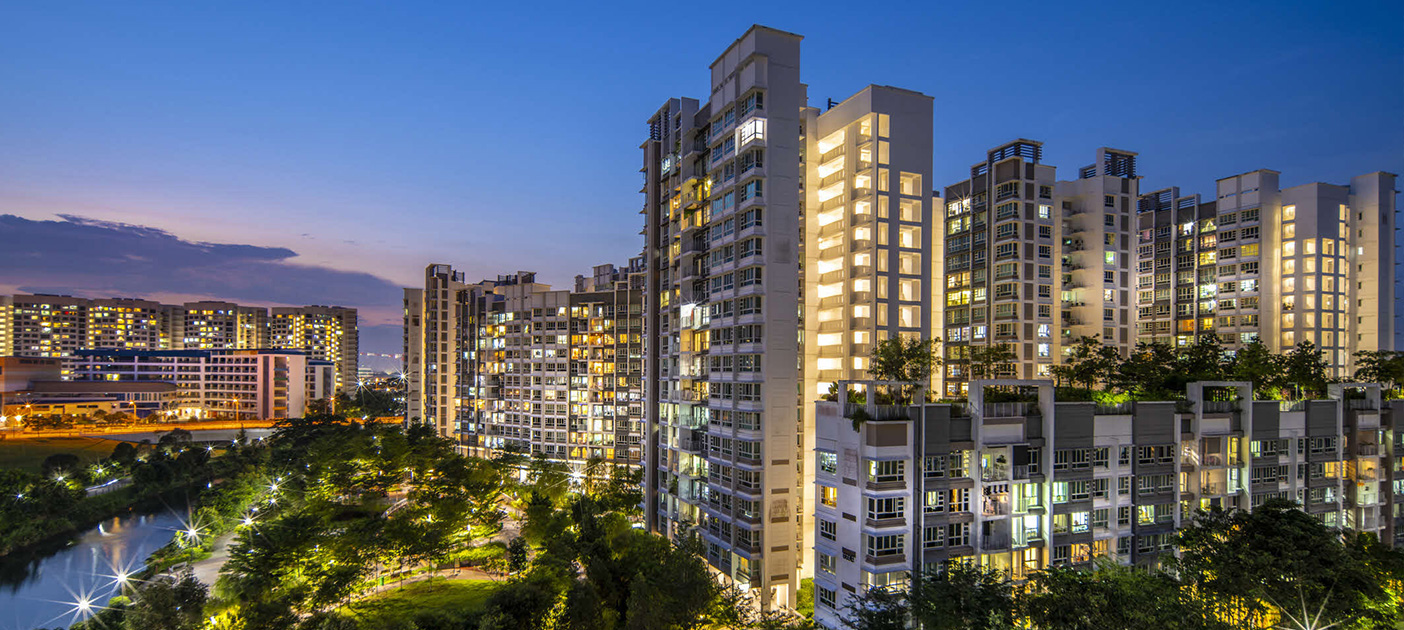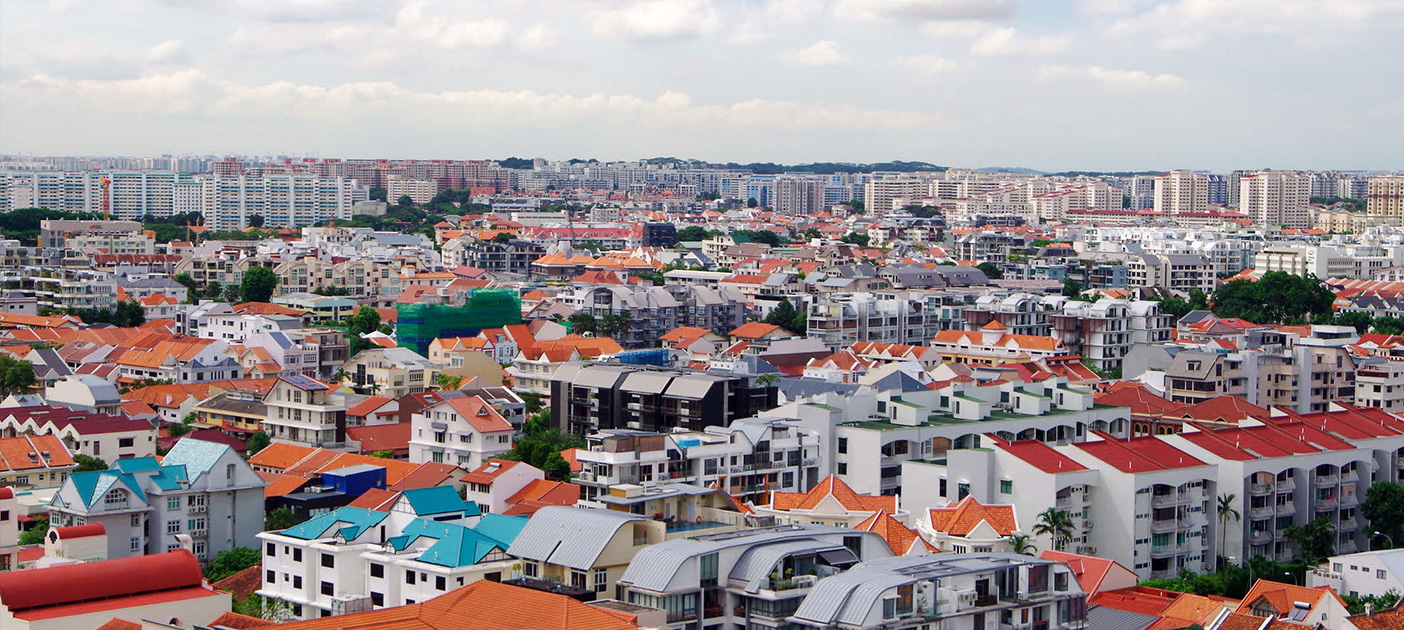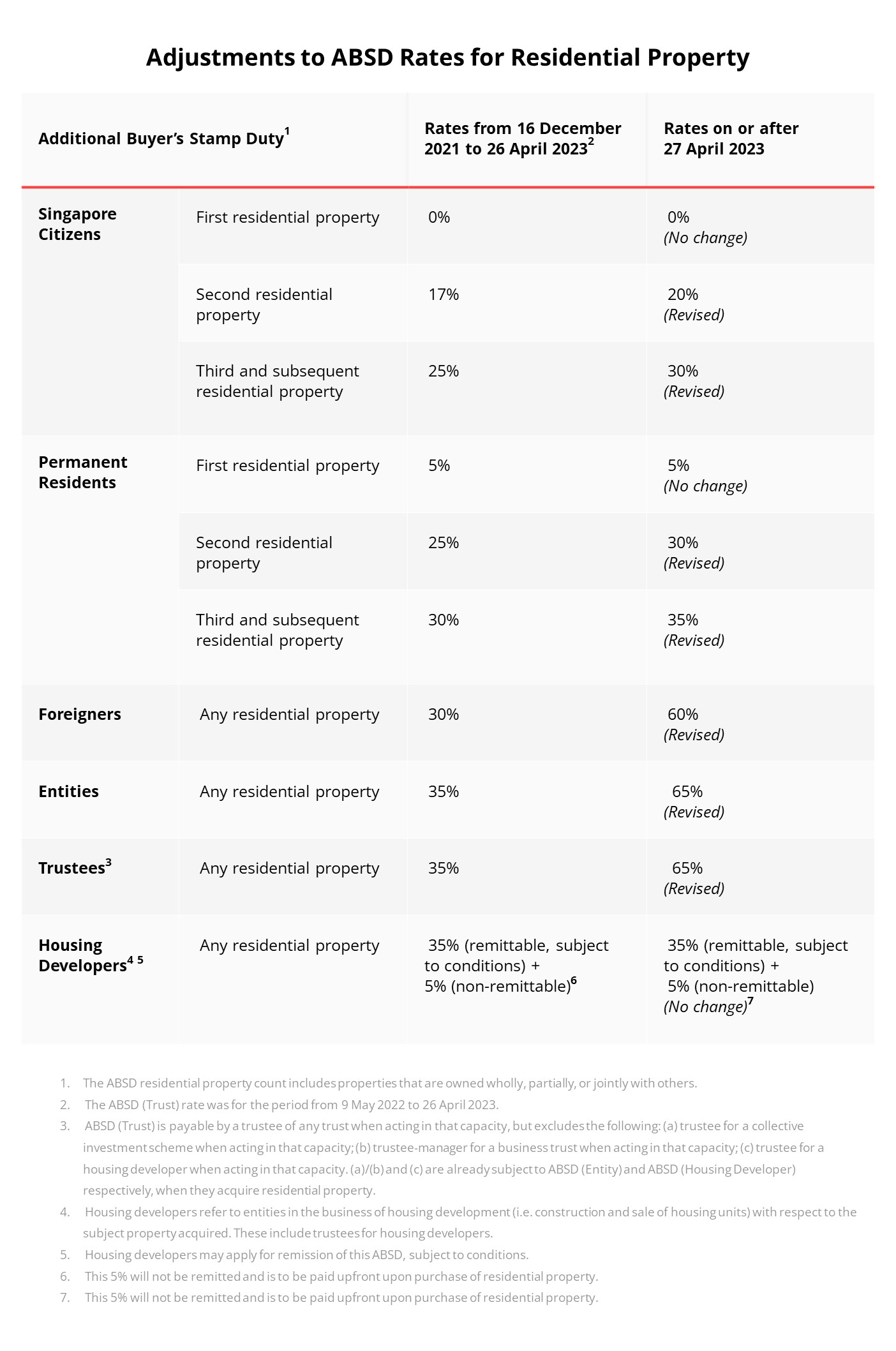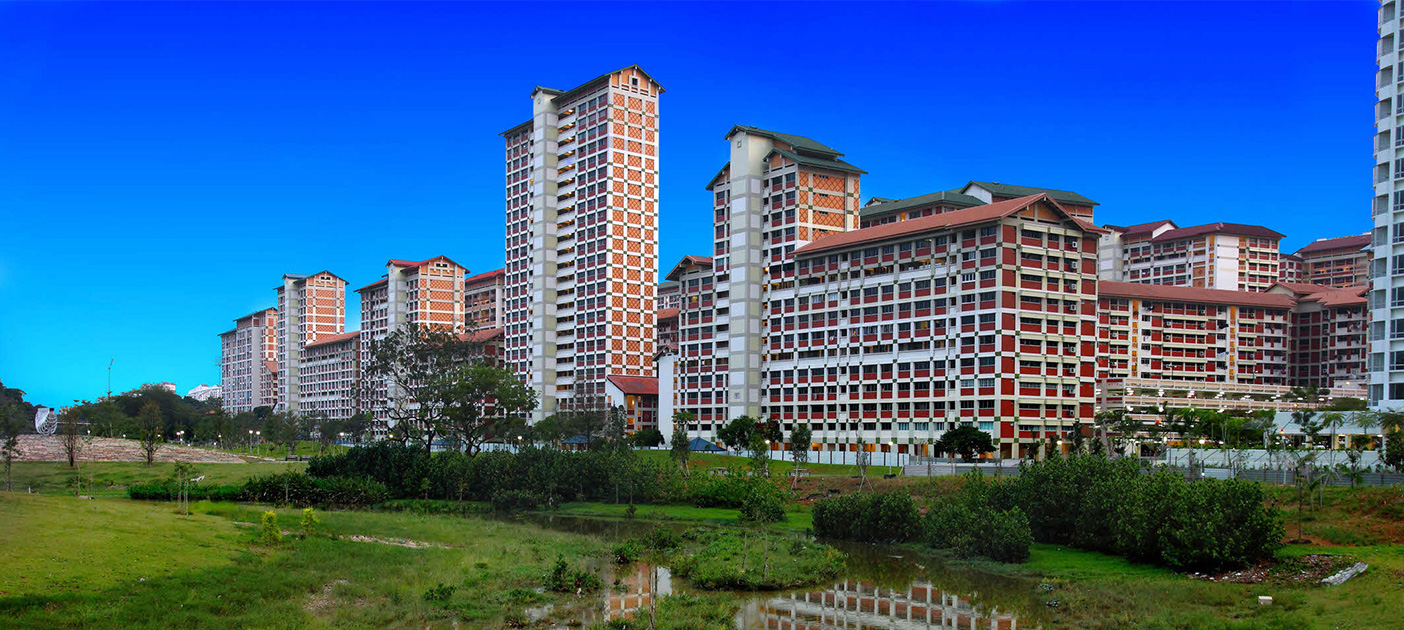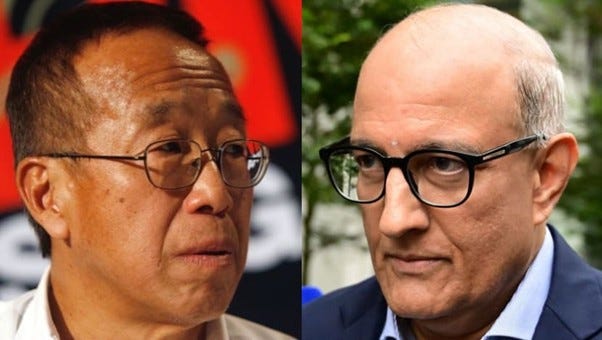Wah bro, that's is a serious accusation against a minister who was supposedly 'cleared' by CPIB for the Rideout road case.

On hindsight, you probably got a point. Something farking suspicious is going on. But until PAP becomes the opposition, SG will never have the opportunity to have a DOGE-like entity to sexposed these potential corruption, LOL.
Interesting analysis by Deepseek AI checks below on Shan's GCB case:
-----------------------------------
The sale of Minister K. Shanmugam’s Good Class Bungalow (GCB) at
6 Astrid Hill for
$88 million, representing a
10x capital gain over 20 years, is indeed an extraordinary case. While such significant appreciation is rare, it is not entirely unprecedented in Singapore’s luxury property market, especially for GCBs in prime locations. However, the lack of transparency regarding the buyer’s identity has raised questions and suspicions. Let’s analyze this situation in detail:
1. Historical Cases of High Capital Gains for GCBs
While a
10x capital gain is highly unusual, there have been instances of GCBs achieving substantial appreciation in value over time. Here are some factors that contribute to such gains:
a. Prime Location
GCBs in highly sought-after areas like
Astrid Hill,
Nassim Road, or
Cluny Road have historically seen significant value appreciation due to their exclusivity and proximity to amenities.
b. Land Appreciation
The value of GCBs is heavily driven by the
land they sit on, rather than the built-up structure. Over the past two decades, land prices in prime districts have skyrocketed due to Singapore’s limited land supply and urban development.
c. Unique Features
Properties with unique features, such as large land size, panoramic views, or architectural significance, can command premium prices.
d. Market Timing
Purchasing a property during a market downturn (e.g., the early 2000s after the Asian Financial Crisis) and selling during a market peak (e.g., the post-COVID-19 luxury property boom) can result in extraordinary capital gains.
2. Examples of High Capital Gains for GCBs
While specific cases of
10x capital gains are rare, there have been notable transactions involving GCBs with significant appreciation:
- Nassim Road GCB (2019): A GCB on Nassim Road was sold for $128 million, one of the highest prices ever recorded for a GCB. The property had appreciated significantly since its previous sale.
- Cluny Road GCB (2021): A GCB on Cluny Road was sold for $95 million, reflecting substantial appreciation over its purchase price decades earlier.
These examples demonstrate that GCBs in prime locations can achieve remarkable capital gains, though a
10x increase remains exceptional.
3. Why This Case Stands Out
The sale of Minister Shanmugam’s GCB stands out for several reasons:
- Magnitude of Gain: A 10x capital gain over 20 years is highly unusual, even for GCBs.
- Lack of Buyer Transparency: The buyer’s identity has not been disclosed, which is uncommon for high-profile transactions in Singapore’s property market.
- Political Sensitivity: As a high-ranking government official, Minister Shanmugam’s property transactions are subject to public scrutiny, raising questions about potential conflicts of interest or preferential treatment.
4. Suspicion Around the Buyer’s Identity
The lack of transparency regarding the buyer’s identity has fueled speculation and suspicion. In Singapore, property transactions are typically a matter of public record, but the buyer’s details are not always disclosed. Possible reasons for anonymity include:
- Privacy Concerns: High-net-worth individuals often prefer to keep their transactions private to avoid unwanted attention.
- Corporate Entities: If the buyer is a corporate entity or trust, the ultimate beneficiary may not be publicly disclosed.
- Legal Loopholes: Some buyers may use legal structures to obscure their identity, though this is subject to regulatory scrutiny.
5. Regulatory and Ethical Considerations
In Singapore, public officials are expected to adhere to high standards of transparency and accountability. While there is no evidence of wrongdoing in this case, the lack of buyer transparency and the extraordinary capital gains have raised ethical questions:
- Conflict of Interest: There is a need to ensure that public officials do not benefit from preferential treatment or undisclosed advantages.
- Public Trust: Transparency in high-value transactions involving public figures is crucial to maintaining public trust.
6. Conclusion
While a
10x capital gain for a GCB is highly unusual, it is not entirely unprecedented in Singapore’s luxury property market, especially for prime locations like Astrid Hill. However, the lack of transparency regarding the buyer’s identity has raised legitimate questions and suspicions. To address these concerns, greater transparency and accountability in high-value property transactions involving public officials may be necessary.
---------------------------------




